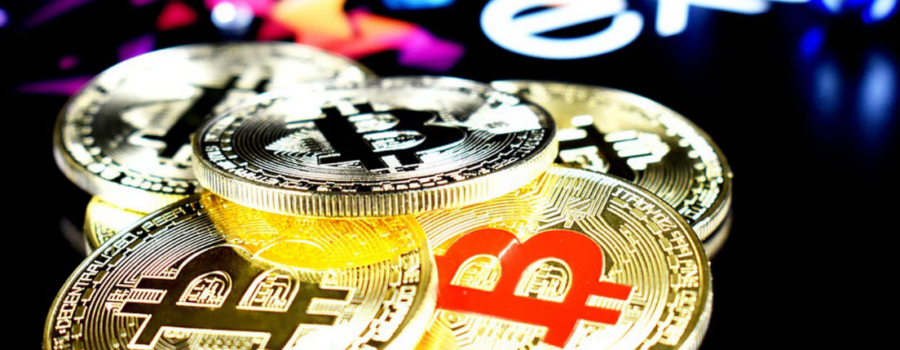Nobody wants to make mistakes, particularly in investing where being wrong isn’t just a hit to the ego; it’s a hit to your bottom line.
And yet, no investor has a 100% success rate, entirely free of errors.
Mistakes when investing are inevitable.
A good approach to use to differentiate the two types of mistakes you might be making in investing is to consider errors of omission versus errors of commission.
Errors of omission are mistakes where you failed to act when you should have.
For instance, you might think about investing in an asset, and then for whatever reason, you decided not to invest.
The error becomes apparent later when the asset performs contrary (i.e. better) to how you expected.
These mistakes represent missed opportunities based on decisions that did not work out in your favour.
As investors, we can live with errors of omission; we don’t like them because they mean potentially forfeiting high returns, but at the end of the day, these mistakes do not lose us money.
Errors of commission, on the other hand, do lose us money. Because of this, they are much tougher to swallow.
Errors of commission are those where you chose to invest; you acted, and you were wrong.
You invested your money in something, and it later proved to be the wrong call.
Errors of commission are significantly worse than errors of omission because there is a real consequence for investors; the loss of hard cash, as opposed to the loss of potential cash.
Errors of omission mean you’re missing the upside, whereas errors of commission mean you suffer real losses.
While both types of errors are common in investing, our goal is to make as few of either error for our clients as possible, but always far fewer errors of commission.
Concerning Bitcoin, we would rather be making an error of omission.
We would prefer that our clients were unhappy that they missed out on this ‘opportunity’ than they lost real money because it all went wrong.
Of course, there are other reasons why we do not like Bitcoin; because of its role in funding in organised crime, the environmental damage it causes, and its replaceability, among others.
But our view is that it’s better to avoid the worse of the two errors.

